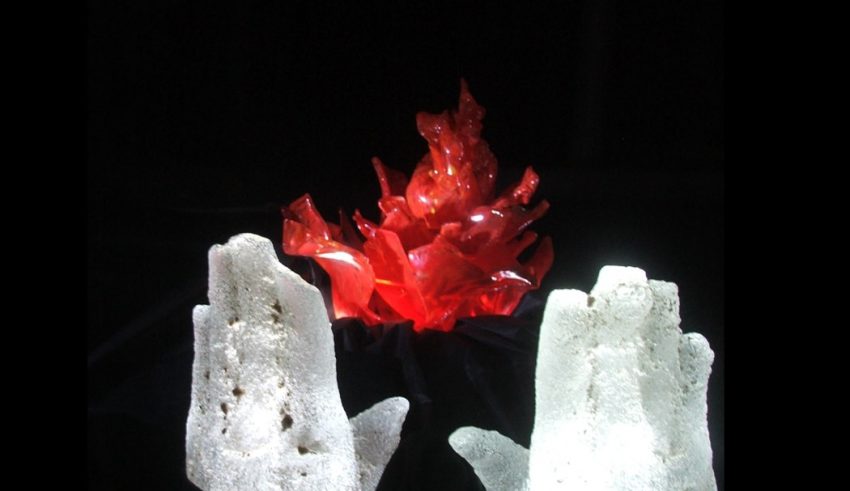
Leader As Jerk
This focus on the skill of a conductor in guiding a complex and subtle performance of a symphony orchestra speaks to one dimension of appreciation: understanding how and when leaders are successful. There is a second dimension of appreciation, however, that focuses on incompetence and the role that systems play in bringing about failure. An appreciative understanding of leadership requires one to understand not only the forces that move a leader toward competence, but also those that move a leader toward incompetence.
On occasion, most contemporary leaders seem, in the words of Robert Hochheiser, to behave like jerks:iv
Do you think of your boss as a grade A unadulterated jerk whose brains are on vacation? Does he act like a world class bozo who would get the Nobel Prize in bungling if there were such an award? . . . You’re not alone—at one time or another, most of us have felt that we reported to bosses who wouldn’t know a sound management concept if it bit them on the nose. They raise hell with us if we screw up, but then they display an almost total lack of ability to do anything right, and we suffer for their mistakes.
Hochheiser offers several intriguing ideas about the leader as jerk. How do bosses become jerks? What creates self-interest, limited vision, and working at a level beyond one’s competence? In looking for answers to these important questions, Hockheiser identifies ways in which the system itself colludes to make bosses into jerks. He also suggests strategies for working within this system that makes one’s boss look competent. Rather than fighting one’s boss, and losing the battle and perhaps even one’s job, Hochheier suggests that we appreciate the jerk and make him into a competent leader.
Hochheiser’s jerks seem to be making decisions and operating in a manner that contradicts their own best interests and the best interests of the organization. None of us are immune when we assume leadership roles. We sometimes (or often times) behave like jerks with the people who report to us. A psychological perspective on organizational life, that is often associated with the Tavistock Institute in England, suggests that group members collude with one another in sustaining the competence and incompetence of those who serve as leaders of the group.v We tend to have a traditional attraction to leaders who are very wise, great warriors, or compelling visionaries. However, we simultaneously wish our leaders to be incompetent.
We are ambivalent about our leaders for three important reasons. First, we are ambivalent about our dependency on the leader if he is very wise. What are we going to do if he resigns, retires or dies? What happens when he is no longer “smart” or when someone else is more knowledgeable? Alternatively, we are ambivalent because the great warrior leader needs a strong enemy in order to justify his often-abrasive actions. We can never be totally successful in defeating our enemy if we are to sustain our warrior leader. Hence, we are ambivalent about this kind of leader because strife and destruction inevitably accompany his reign.








